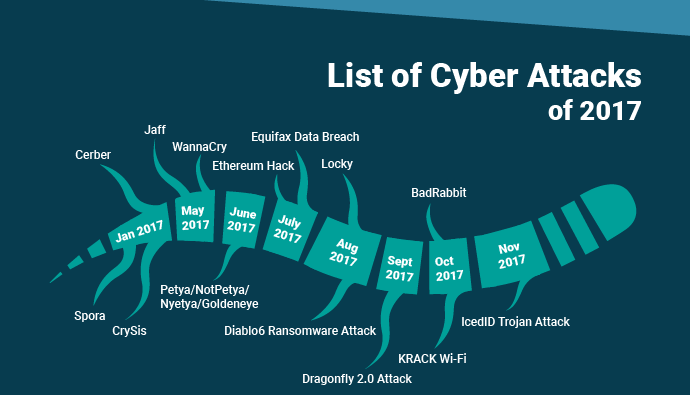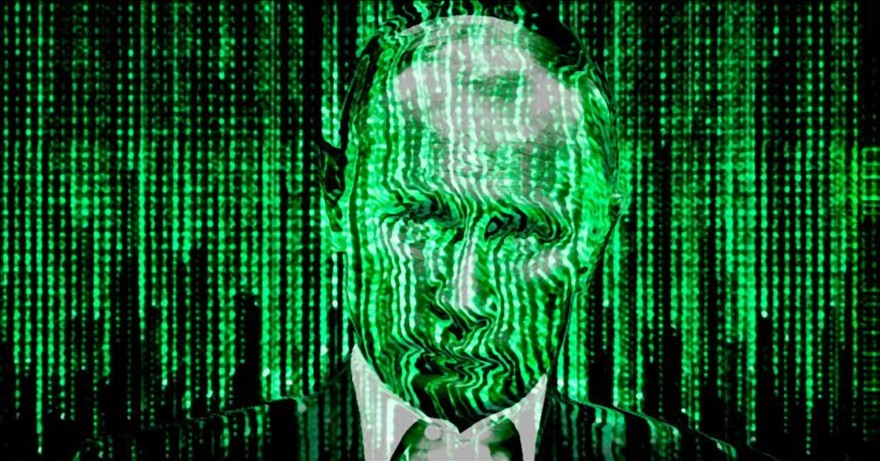Talking about Cybercrime, companies detect in approximately 100 days that they have been hacked. The number of days grows till 200, if we talk about Retail Companies. It has been estimated that governments and consumers lose $125 billion annually to cyber-attacks (Ackerman 2013), but these costs are often hard to assess.
The United Kingdom currently faces up to 120,000 cyber-attacks a day, equating to 44 million over the year (National Audit Office 2013: 6).
“We have entered a new era of warfare, witnessing a destructive and deadly mix of conventional military might and malicious cyber attacks. Russia is ripping up the rule book by undermining democracy, wrecking livelihoods by targeting critical infrastructure, and weaponising information.” Gavin Williamson


Putin and Cybersecurity
VLADIMIR Putin has sent a chilling warning on cyber attacks, telling nations they should set “rules” for international cyberspace behaviour, or face the consequences of their “actions”. Caitlin Doherty
He specifically blamed intelligence agencies and said that they had created the “malware” that is so dangerous in the first place. He said: “Malware created by intelligence agencies can backfire on its creators.”
Russian hackers are known to be plotting large scale attacks on Britain’s national infrastructure via the internet.
Armed Forces Minister Mark Lancaster and not only him consider that cyber attaks should be classified as an act of war. Everyone is responsible for security & geopolitical risk.
The situation is increasingly complex from year to year, and the solution to Russian threat is not an easy one.It is essential that companies and governments invest in the skills required to identify and mitigate future attacks.
Cyber protection starts in-house, with each user and organization maintaining their own first line of defines, both literally and figuratively, through elements of security culture.
Will diplomacy be a solution for “Cyber Weapons”?
- The cyberspace becomes part of the diplomatic and military conflicts between states.
- Cybersecurity has become a critical element of international diplomacy and the way that diplomats treat this aspect and present it to the global audience is very important.
- Countries vulnerability to cyber disruptions is increasing daily.
- A Cisco study revealed that 40% of manufacturing firms still do not have a strategic approach to cybersecurity.
- Cyber diplomacy is about behaviours and attitudes of international actors, about their opening for dialogue with international partners.
Whereas on the other hand, the International law have to furnish its sections related to ‘force’ and ‘armed attack’. The ambigousity related to these factors is not giving a convincing answer to the ones affected by the cyber-warfares. The societies, trusts and the NGOs will have to play more active role in supporting the statutory international law bodies related to the cyber-warfare.
More opinions and research work should be conducted by the scholars to provide the law bodies with adequate amount of evidences. The problem of Jurisdiction, armed attack, international etc. have to be sort out as early as possible because there is hardly anytime left before the next Cyber-warfare takes place. – Rishabh Shrivastava
To shift the balance, the cyber defenders will need to increase the trust on hardware and software. More improved defense strategies should be there. Government will aslo have to play active role in this action packed future.
It is necessary the promotion of an international cyberspace policy involving all multi-stakeholders, in order to obtain social development and economic and political progress at a global level.

